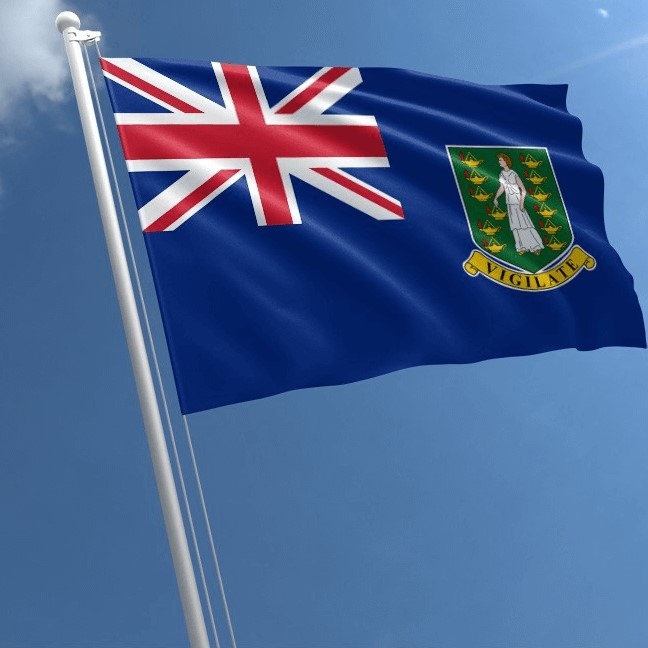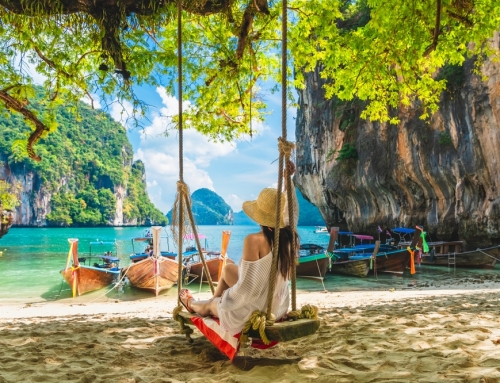For any foreigner concerned with succession planning, it may be worthwhile buying a condominium through an offshore company.
This could be a company registered in the Seychelles, Mauritius, Turks and Caicos or another offshore jurisdiction. BVI companies are generally the preference for property holding companies. That’s because BVI are one of the most established offshore centres, and have competitive annual running costs.
It is important to draw a distinction between offshore company ownership, and using a Thai company to buy landed property. The latter practice can be abused in an attempt to circumvent land ownership rules. (Thai company ownership is discussed in a separate article.)
Here we are referring to the legal purchase of a freehold condominium, not by a foreign individual, but by a foreign company. Offshore company ownership solves the inheritance issue because companies do not die.
Through a BVI company, the foreigner can control the ownership of the condo by controlling the shareholding of the company.
In addition, should they wish to sell the condo, they need only to sell the BVI company. By transferring the company share ownership, the new buyer owns all of the assets of the company, which includes the condo.
But this may not be cost effective with lower-priced condos. For starters, establishing a BVI company costs a few thousand dollars. After that, the annual running costs are a little over $1,000 per year.
For a $100,000 studio condo, this may be more than someone is willing to pay. For an $800,000 sea view penthouse, however, it may be a no-brainer.
The second reason to think carefully before buying through a company is what corporate ownership entails under Thai law.
If an offshore company owns the property, there are potential tax consequences. Even though audited accounts are not a statutory requirement in the BVI, the company must file a balance sheet in Thailand detailing the rental income.
Furthermore, if the foreign occupant is a director of the offshore company, the “free rent” is deemed to be a benefit in kind from the company. The owner must then pay income tax on the fair market value of the annual rent.
Finally, if the condo is sold, the BVI company must pay corporate tax in Thailand on any capital gain. If the purpose of the company is ease of inheritance, this last one can obviously be avoided by transferring ownership of the company.
When the property is ultimately sold, however many years in the future that may be, and the freehold title is finally transferred away from the BVI company, the ultimate seller will have to pay income tax, based on the total capital gains earned on the property.
Offshore company ownership of a Phuket condo can be a very effective estate planning tool. But before structuring the purchase this way, all of the legal and tax implications in Thailand should be thoroughly examined.
Here are some related articles on buying property in Phuket:
The Benefits and Advantages of Owning a Freehold Condominium in Thailand
Condominiums Explained – What is a Condominium?
The Things All Phuket Condominium Investors Should Know About the Condominium Act
What Exactly is a Leasehold in Thailand?
Using a Thai Company Limited to Purchase a Leasehold Condo Unit
What is a Condominium Sinking Fund?
Reasons to Invest in Phuket Property for New and Experienced Investors
Owning a Freehold Hotel-Licensed Condominium in Thailand
Reasons to Invest in Phuket Property for New and Experienced Investors
5 Essential Tips for Buying Property in Thailand
An Overview on Phuket Property Prices
Buying Property in Phuket Thailand as a Foreigner: Purchase Procedure
Buying Freehold Villas or Houses in the Name of a Thai Spouse





Social Contact